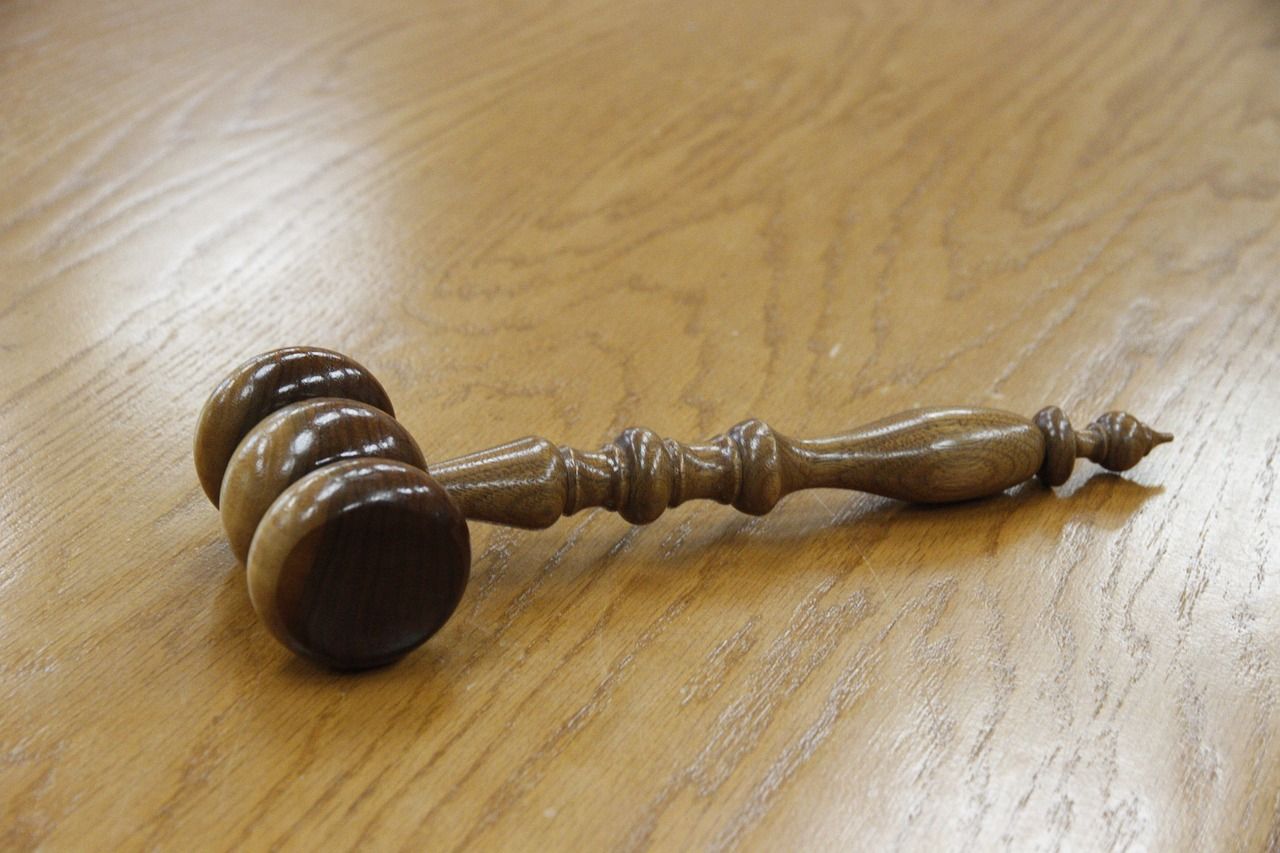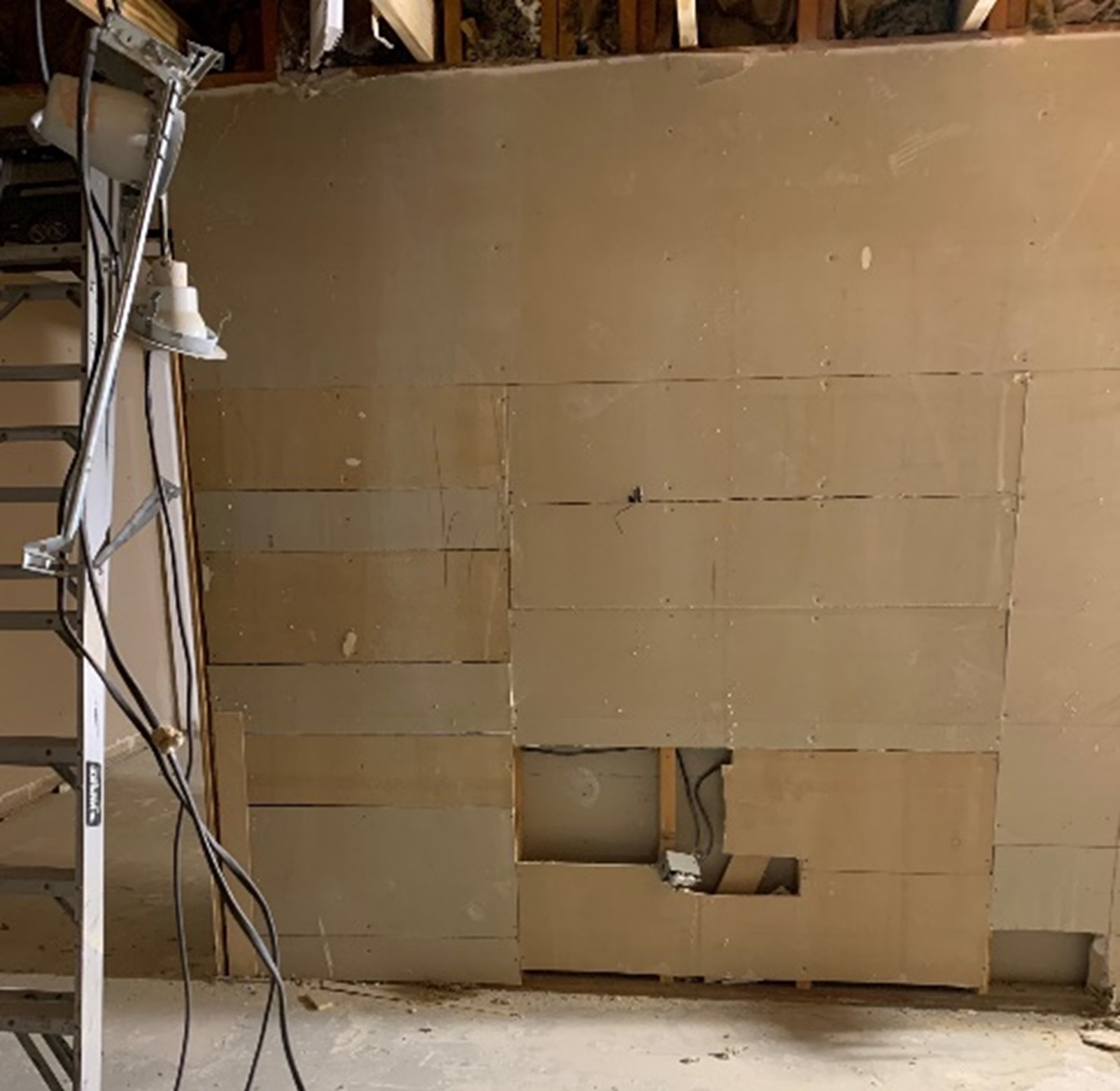Dusting off the “Big Three”
There are many ways in which the COVID scare might make it difficult for you to perform under a contract. Therefore, you might think that a court would excuse your performance under a contract for a similarly-large number of reasons, such as proving COVID has resulted in interruption to your supply chains and travel; that you live in a restrictive jurisdiction; or simply because you drop the magic word “COVID.”
You might think that, but would you be right?
As with most things in the law, the answer is “maybe, but it depends on the facts of your particular case.” Still, you may soon find yourself taking a journey in a legal time machine and working with your COVID era attorney to dust off and use one of the Colonial era legal defenses which remain effective, and are applied today in much the same manner as they were before the United States of America was born.
The Doctrine of Impossibility
Under the Doctrine of Impossibility, performance can be excused when the contract, or a necessary action critical to performance cannot physically or lawfully take place, or in fewer instances, when a condition occurs without the breaching party’s fault, which is outside his control, and when the contract was based on this event not occurring.
The Doctrine of Impracticability
Under the Doctrine of Impracticability, a party may be excused from performance under a contract when the circumstance causing the breach has made performance so vitally different from what was anticipated that the contract cannot reasonably be thought to govern.
The Doctrine of Force Majeure
Force majeure excuses performance only when the event causing the failure to perform was unforeseeable at the time the parties made the contract. The essence of Force Majure isn’t “we didn’t foresee the event”; it is that the event was truly, in an objective sense (or at least legally) unforeseeable, which is why this is often referred to as an “Act of God” clause.
Application
The information presented above is only a primer, and actual cases are decided on the facts particular to each individual dispute, often emphasizing consideration of whether the event causing the breach was foreseeable at the time the parties executed the contract. In practice, analysis like this can lead to harsh outcomes, and contracts are rarely set aside completely, even when the going gets really rough.
In one notable case, a farmer contracted to sell his corn crop a grain company, but failed to deliver after a freeze destroyed the crop. When sued for breach, the farmer defended by claiming Impracticability. The Court ruled that the farmer was not excused from his contract to sell the quantity of corn represented by his destroyed crop, because the contract did not specify that the corn was to come from his crop. Thus, after losing his crop to the freeze, the Court would have had him purchase enough corn from someone else’s crop to satisfy the contract, then sell it to the grain company at the previously-agreed price, regardless of cost. All because the farmer could have foreseen a freeze and accounted for it in the contract, but did not.
Harsh.
Things to Consider
Some very, very few courts may excuse performance on a finding that COVID is an Act of God. Some others may find that the government’s shutdown of the economy made performance of some contracts either Impossible or Impracticable. But you should not depend on either outcome, particularly in the construction field, which has generally been considered “essential.”
If COVID is making performance difficult, then start building the file which will help you get the best current outcome, or which will later support your defense of Impossibility or Impracticability, if you later wind up in court. Communicate with owners, generals, other subcontractors and suppliers, as appropriate to inform them (be specific) of your difficulty, and the steps you are taking to resolve them. If you need any accommodations, start asking for them now.
Send delay notices now, if appropriate to your job, and you haven’t already. Re-issue them each month until your situation normalizes.
If you are in a position where you believe the actions of a third party have made performance Impossible or Impracticable (e.g.: insufficient areas for breaks which allow compliance with State and local rules on social distancing; your material supply is interrupted due to COVID; or if your labor can’t report to work due to local restrictions; then start documenting these problem in letters and emails to owners, and generals. Your collaborative work toward resolution will either serve to show the matter could not be resolved, or at least put the white hat atop your head for later litigation.
Document all such concerns in writing, and/or with photos, that you send any required notices pursuant to your contracts.
Lagniappe
On a side note, this also a good time to ensure that all your paperwork is current. Money is going to be tight for a while, so work now to put yourself in the best position to collect later. Expect that regardless of any contract, some Owners and/or GCs are going to (or will be forced to) use every means to avoid or delay making large payments until their own cash flow has normalized. This tactic often manifests in claims for delay, construction defect, site cleaning fees, and the infamous “we backcharged you because they backcharged us.” Methods of protecting yourself include ensuring your lien and bond claims are in shipshape; that any work requested by an owner or GC has been reduced to writing and processed as a change order pursuant to your contract; and documenting in writing any critical path or other timing issue affecting you (and documenting your attempt to resolve them).
As always, visit with your management team, legal counsel, and other advisors to ensure your bases are covered.

Brian Benitez is a partner at Ensley Benitez Law, P.C., whose practice emphasizes litigating matters important to small and medium businesses arising from areas including Construction Law, Employment Law, Contracts Law, Texas Property Code Liens, and Agency Law (e.g. representing businesses against government entities, such as OSHA, EEOC, TDI, TX Comptroller). Ensley Benitez Law, P.C., 8140 Walnut Hill Ln., Ste. 835, Dallas, TX 75231 469-501-5562, brian@eblawtexas.com.
Nothing herein constitutes legal advice, and you do not develop an attorney-client relationship with Brian Benitez or anyone at Ensley Benitez Law PC by reading this article, visiting our website, attending any speaking engagement or seminar, or communicating with us in any manner, even if that involves you sending documents to us. If you would like to become our client, then we would love to talk to you. Please contact our offices so we can schedule a consult and execute a representation agreement.
Enjoy our content? Sign up for our newsletter by clicking HERE.


.png)





